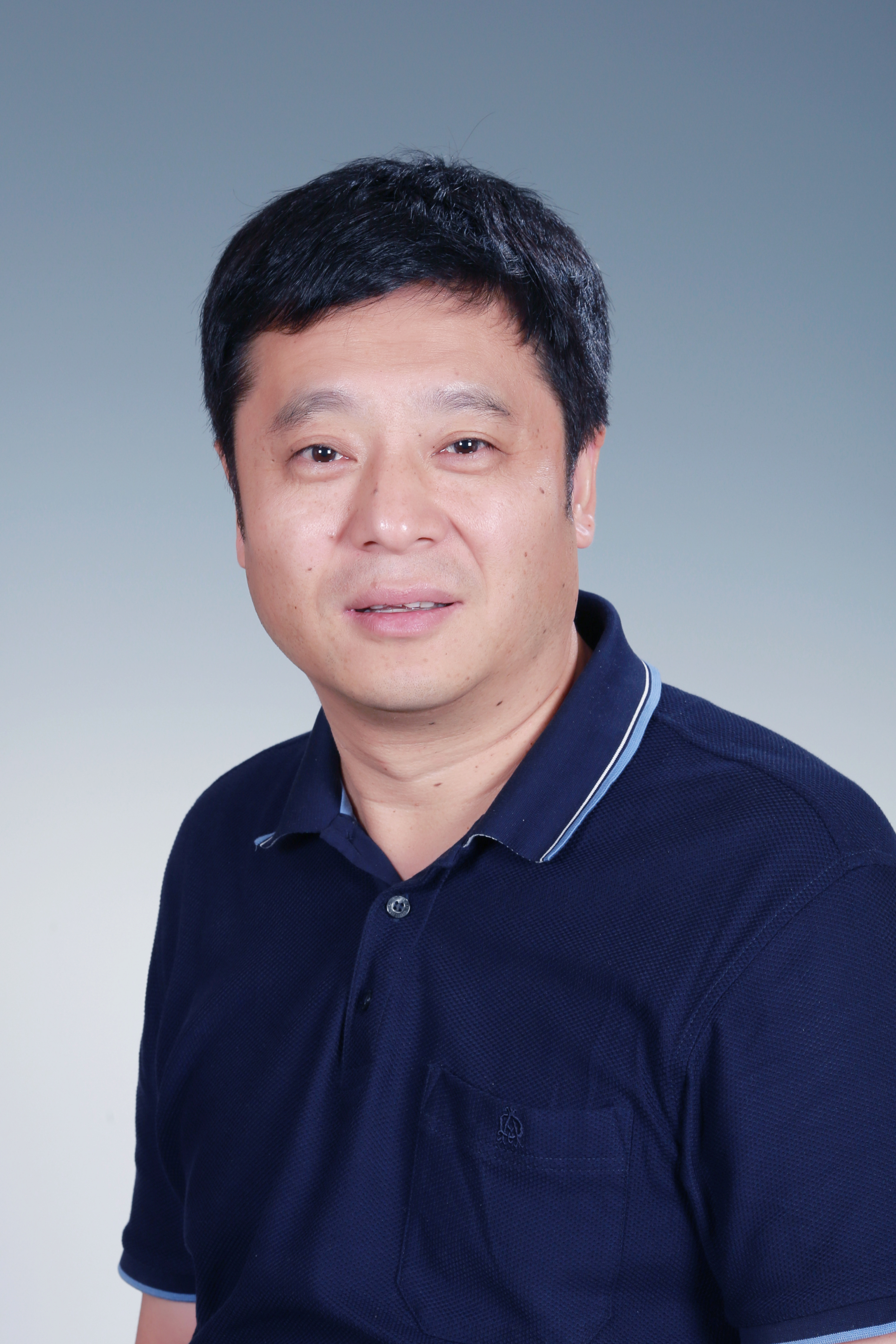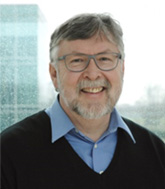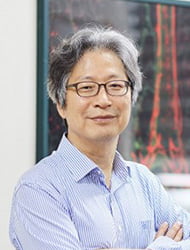 Aug, 16-18, 2023
Aug, 16-18, 2023 BEXCO Convention Hall 1-3F, Busan, Korea
BEXCO Convention Hall 1-3F, Busan, Korea
 Invited Speakers
Invited Speakers Plenary Lecture I
Plenary Lecture I
Hongkui Deng
(Peking University, CN)
Hongkui Deng is a Boya chair professor of cell biology and a senior investigator at the Center for Life Sciences at Peking University. He is also the director of the Peking University Stem Cell Research Center.
Biography
Hongkui Deng earned his B. Sc.in Cell Biology from Wuhan University and his Ph.D. in immunology from the University of California, Los Angeles. From 1995 to 1997 he was an Aaron Diamond Postdoctoral Fellow with Dan R. Littman at the NYU School of Medicine’s Skirball Institute, where he identified major co-receptors responsible for HIV entry into cells. From 1998 to 2000, Hongkui was the director of molecular biology at Viacell Inc. working on ex vivo expansion of human hematopoietic stem cells.
Hongkui Deng was awarded the prestigious Cheung Kong Scholarship in 2000 and became a professor at Peking University in 2001. Since 2013, he has been the director of the Peking University Stem Cell Research Center. Professor Deng’s research focuses on somatic cell reprogramming and lineage specific differentiation of human pluripotent stem cells. His lab also explores chemical biological approaches for manipulating cell fate and function. He has been awarded several awards and honors including the Tan Jiazhen Life Science Award and WuJieping-Paul Janssen Medical & Pharmaceutical Award. He also serves on a number of editorial boards including Cell, Cell Stem Cell, Stem Cell Report, and Cell Research. Professor Deng was elected to the ISSCR Board of Directors in 2010 and re-appointed for a second term in 2013. He was elected to the ISRB (International Society for Regenerative Biology) Board of Directors in 2021.
 Plenary Lecture II
Plenary Lecture II
Professor Hans Schöler, PhD
Emeritus (Director) at the Max Planck Institute for Molecular Biomedicine, MPG White Paper Emeritus Group, Münster, Germany
Hans Robert Schöler is heading a group at the Max Planck Institute for Molecular Biomedicine in Münster and was full professor at the University of Münster, adjunct professor at the Hannover Medical School, distinguished professor at Konkuk University in Seoul, and adjunct professor at the University of Pennsylvania in Philadelphia.
He received his diploma in biology and his Ph.D. in molecular biology from the University of Heidelberg. Prior to his current position, he was staff scientist at the Max Planck Institute for Biophysical Chemistry in Göttingen, led research groups at Boehringer Mannheim (now Roche) and the EMBL in Heidelberg, and as professor at the University of Pennsylvania.
A renowned scientist in the field of stem cells, he is an elected member of the German Academy of Sciences Leopoldina and the North Rhine-Westphalian Academy of Sciences and Arts, as well as an associate member of the Berlin-Brandenburg Academy of Sciences and the Mainz Academy of Sciences and Literature. He was elected to the board of the ISSCR and as a member of EMBO, and recently served as president of the German Stem Cell Network (GSCN). Among numerous other awards, he received the Robert Koch prize, the Max Delbrück Medal, and the Kazemi Prize (Iran). In 2010, the Hans Schöler Stem Cell Research Center (HSSCRC) named after him was inaugurated at the Ulsan National Institute of Science and Technology (UNIST).
Research Summary
One of his most important scientific achievements was the pioneering derivation of germ cells from mouse embryonic stem cells. He discovered a key transcription factor for embryonic cell pluripotency, Oct4, and is working to understand how somatic and pluripotent stem cells can be converted into each other. His group was the first to show that instead of Yamanaka's cocktail of four transcription factors, Oct4 alone is sufficient to reprogram neural stem cells into pluripotent stem cells. However, although Oct4 is an extremely powerful reprogramming factor, its presence can lead to undesirable effects, such as unwanted changes in gene expression. Therefore, his laboratory has recently developed methods to derive high-quality pluripotent stem cells from different species in a highly efficient manner.
 Plenary Lecture III
Plenary Lecture III
Gou Young Koh
Director, Center for Vascular Reserach, IBS
Distinguished professor, KAIST
Scientific member, Max Plank Institute
Professor Gou Young Koh is the director of the Center for Vascular Research, established in July, 2015. Professor Koh received his medical degree from Chonbuk National University College of Medicine. He worked as an Associate Professor at Pohang University of Technology from 2003-2010 before becoming a Distinguished Professor at KAIST in 2011. In the same year Professor Koh became a member of the BLOOD editorial board. In 2015, Doctor Koh became the director of the 25th center at IBS. He is also an external member of Max-Plank Institute.
Research Summary
For the last 25 years, he has focused on the discovery and understanding of the growth factors regulating micro-vasculatures including tumor vasculature. During this time, he has made numerous major advances and breakthroughs in the field of angiogenesis and lymphangiogenesis. Notably, he discovered and generated several novel and potent modulators of angiogenesis - three angiopoietin-like proteins, COMP-Ang1, DAAP and ABTAA - based on their keen observations and creative ideas. Moreover, he has made ground-breaking discoveries in the understanding of the unique features and regulations of tumor vessels as well as on the characterization of key factors involved in organotypic angiogenesis and vascular maintenance. Lately, they have performed landmark studies in uncovering critical regulators for maintaining the integrity of specialized lymphatic vessels such as meningeal lymphatic vessels. By recognition of his outstanding and excellent achievements and contributions to biomedical communities, he became laureates of the Kyung-Am Prize (2011), Asan Award in Medicine (2012), and Ho-Am Prize in Medicine (2018).